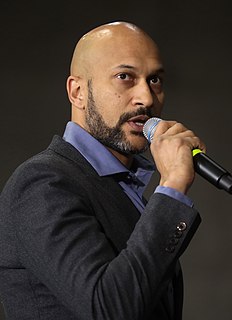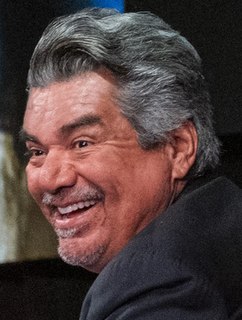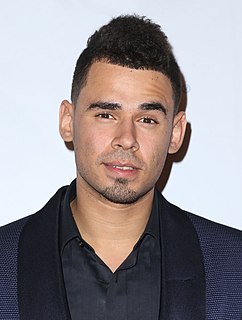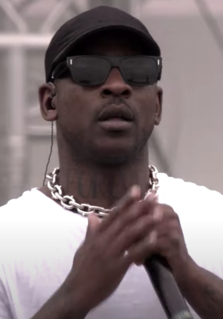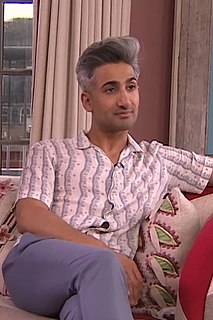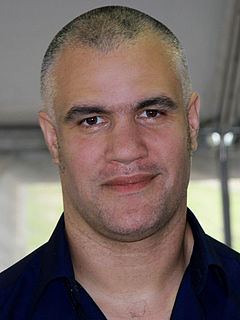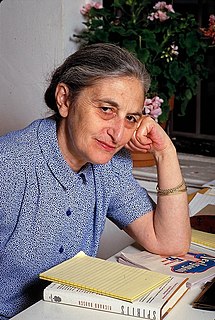A Quote by Keegan-Michael Key
To make an absolutely gross generalization, I think a lot of people feel like if you're mixed, more often than not you're quote unquote white. So if you're mixed, you embrace the mainstream culture more than the African-American culture.
Related Quotes
People take pride in being Irish-American and Italian-American. They have a particular culture that infuses the whole culture and makes it richer and more interesting. I think if we can expand that attitude to embrace African-Americans and Latino-Americans and Asian-Americans, then we will be in a position where all our kids can feel comfortable with the worlds they are coming out of, knowing they are part of something larger.
I was on television a couple of years ago and the reporter asked me, "How does it feel being on mainstream media? It's not often poets get on mainstream media." I said, "Well I think you're the dominant media, the dominant culture, but you're not the mainstream media. The mainstream media is still the high culture of intellectuals: writers, readers, editors, librarians, professors, artists, art critics, poets, novelists, and people who think. They are the mainstream culture, even though you may be the dominant culture."
I think it's easier for African American and white comics to be praised than it is Latinos because they think our culture or our humor is substandard. I mean, I just don't think they want to give us credit. I just don't think that they see us as important enough to be at their level. I'm the longest-produced comedy at Warner Bros. and I don't feel special. They come over and say hello. But everybody's gonna make a lot of money and I don't feel like I'm special to them.
Quite often, and in fact more often, I would say, I'm struggling all the way through to think, "What is it I like about this? What is the personality of this thing I'm hearing that I like so much?" And it's nearly always a sort of mixed emotion, which is why I like it. It's something that I have mixed feelings about in the sense that it's both, say, placid and dangerous, or bitter and sweet, or dark and bright.
One of the things that made the Black Muslim movement grow was its emphasis upon things African. This was the secret to the growth of the Black Muslim movement. African blood, African origin, African culture, African ties. And you'd be surprised - we discovered that deep within the subconscious of the black man in this country, he is still more African than he is American.
